Five 'unhealthy' foods that are actually good for you
Nutritional sciences lecturer Scott Harding argues all food can be part of a healthy diet
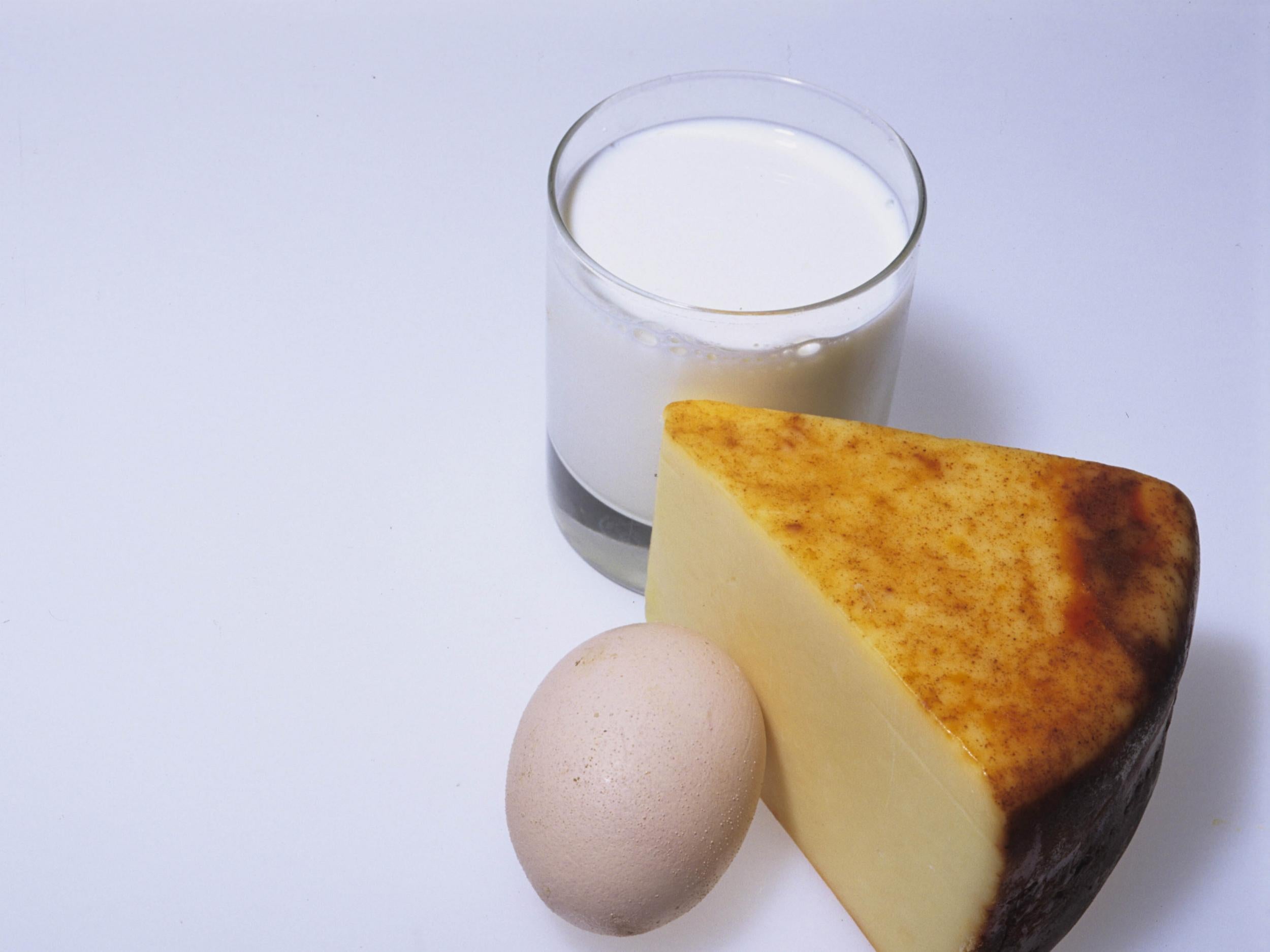
Your support helps us to tell the story
From reproductive rights to climate change to Big Tech, The Independent is on the ground when the story is developing. Whether it's investigating the financials of Elon Musk's pro-Trump PAC or producing our latest documentary, 'The A Word', which shines a light on the American women fighting for reproductive rights, we know how important it is to parse out the facts from the messaging.
At such a critical moment in US history, we need reporters on the ground. Your donation allows us to keep sending journalists to speak to both sides of the story.
The Independent is trusted by Americans across the entire political spectrum. And unlike many other quality news outlets, we choose not to lock Americans out of our reporting and analysis with paywalls. We believe quality journalism should be available to everyone, paid for by those who can afford it.
Your support makes all the difference.Potatoes, fat spreads and eggs are not as bad as you think and might actually be healthy, new research has found.
With fast changing nutritional guidelines, it is difficult to keep track of the latest health trend but a new study based on both old and current science breaks the stereotypes of what you should and shouldn't eat.
Nutritional sciences lecturer at King's College London Scott Harding re-assessed the health benefits of five food, known as the "villains" in a healthy diet.
Writing for The Conversation website, Mr Harding argues eggs, fat spreads, potatoes, dairy and raw nuts are actually "okay to eat".
Eggs
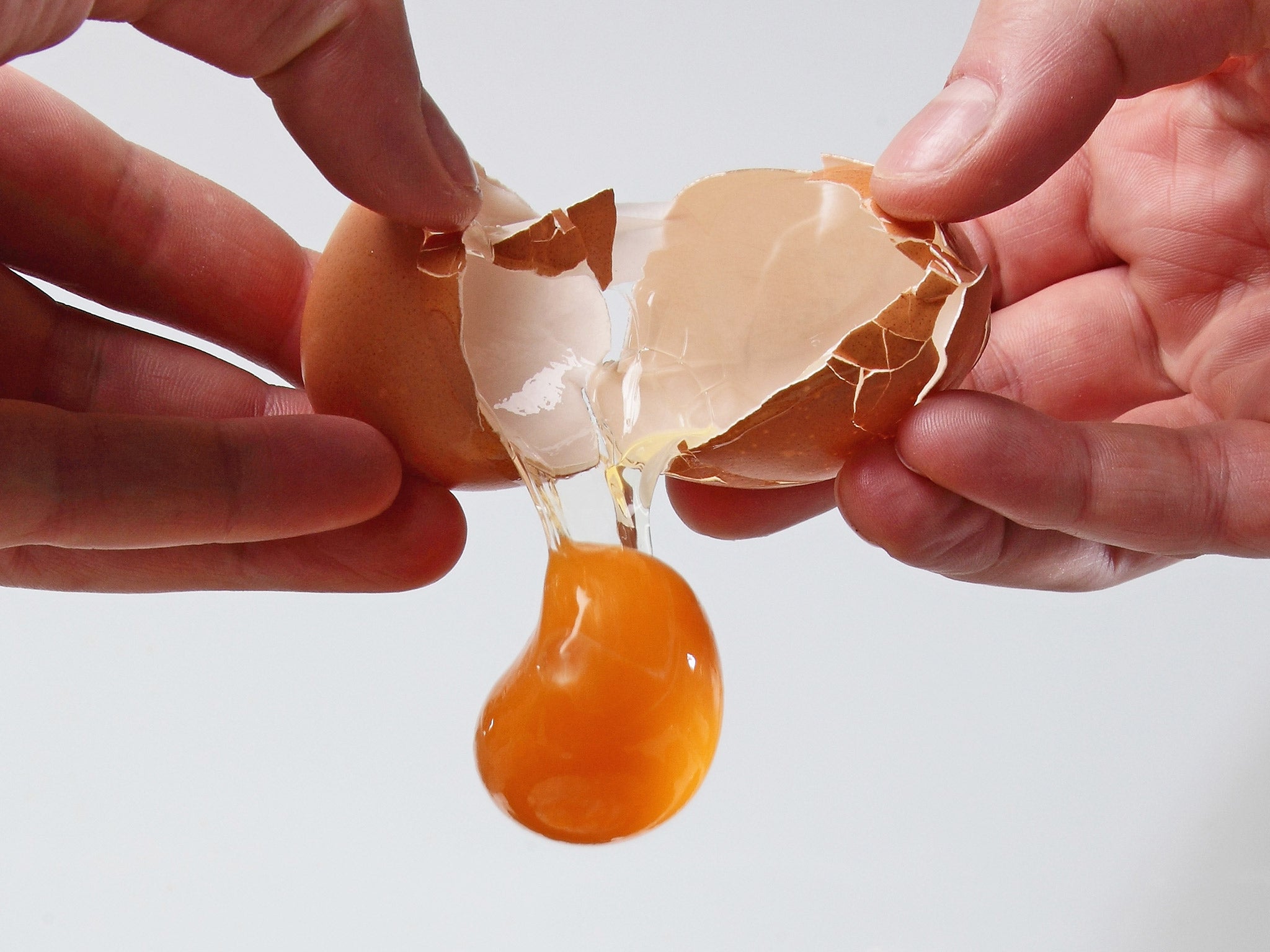
Eggs were long-believed to be bad for your heart.
A large egg contains 185mg of dietary cholesterol, which was believed to contribute to high blood cholesterol levels.
But for the last 20 years, research has shown a normal intake of dietary cholesterol has very little influence on a person’s blood cholesterol levels.
Now, nutrition experts are putting the record straight arguing eggs are a source of protein, healthy fats, and several vitamins and minerals.
Fat spreads
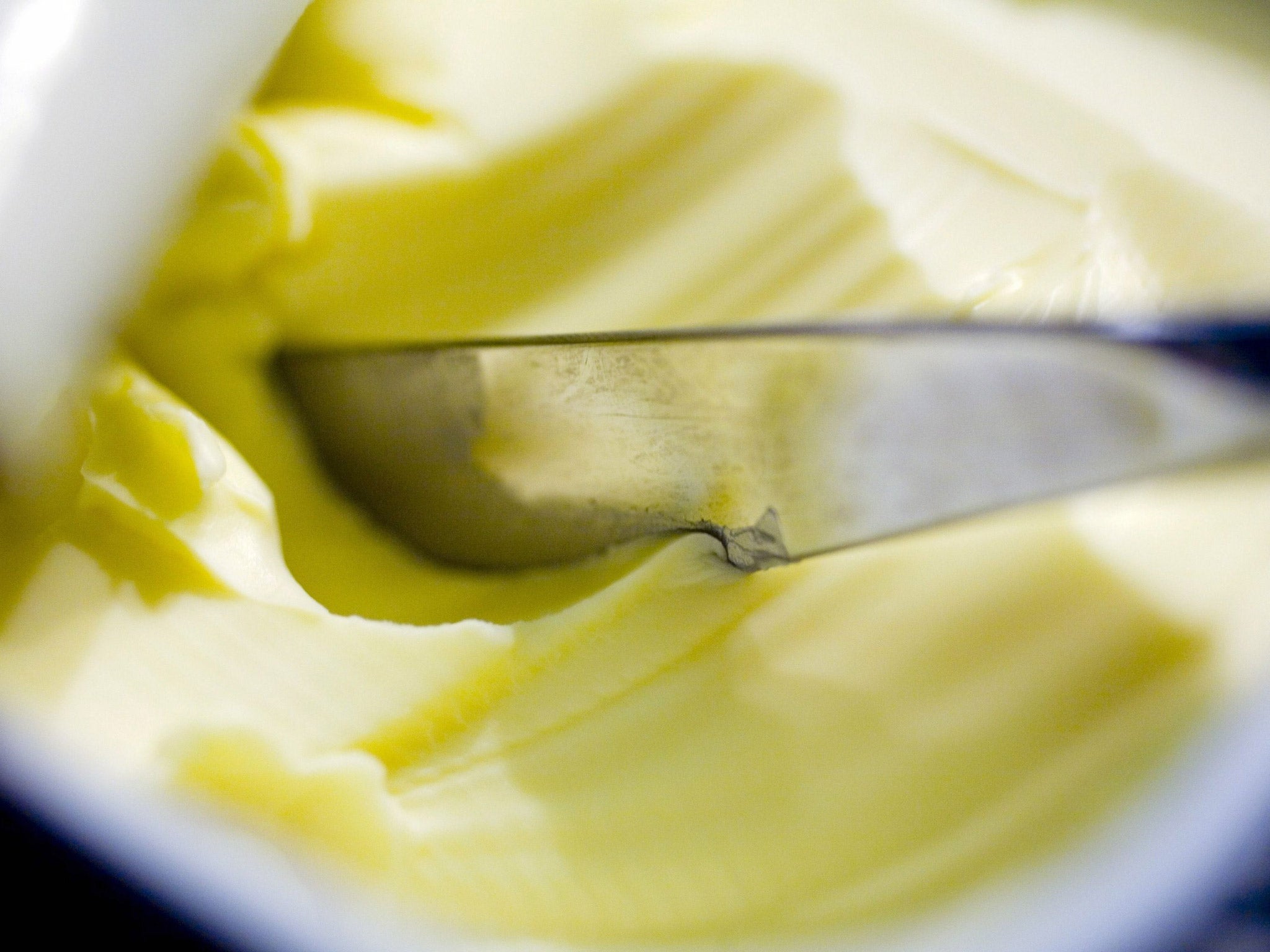
Fat spreads such as margarine and butter have had a confusing nutritional history.
Margarine, which is made of vegetable fat, has been used in most developed countries since the mid 19th Century to replace butter.
The new spread was made popular by being cheaper than butter and sales were driven by advice from health professionals, who recommended eating less saturated fat to prevent heart diseases.
Although this led to a reduction in the number of people suffering from coronary heart disease as less saturated fat was being consumed, researchers also noticed a link between the intake of trans fat, a form of fat sometimes used in margarine and made of partially hydrogenating vegetable fats, and heart disease.
As a result, trans fat-free margarine hit the market.
But confusion over whether vegetable fat spreads are safe to eat seemed to have remained.
As long as "partially hydrogenated vegetable oil” is not listed as an ingredient, then these spreads are safe to eat. They enable to avoid dietary saturated fat and reduced the risk of coronary heart disease.
Potatoes
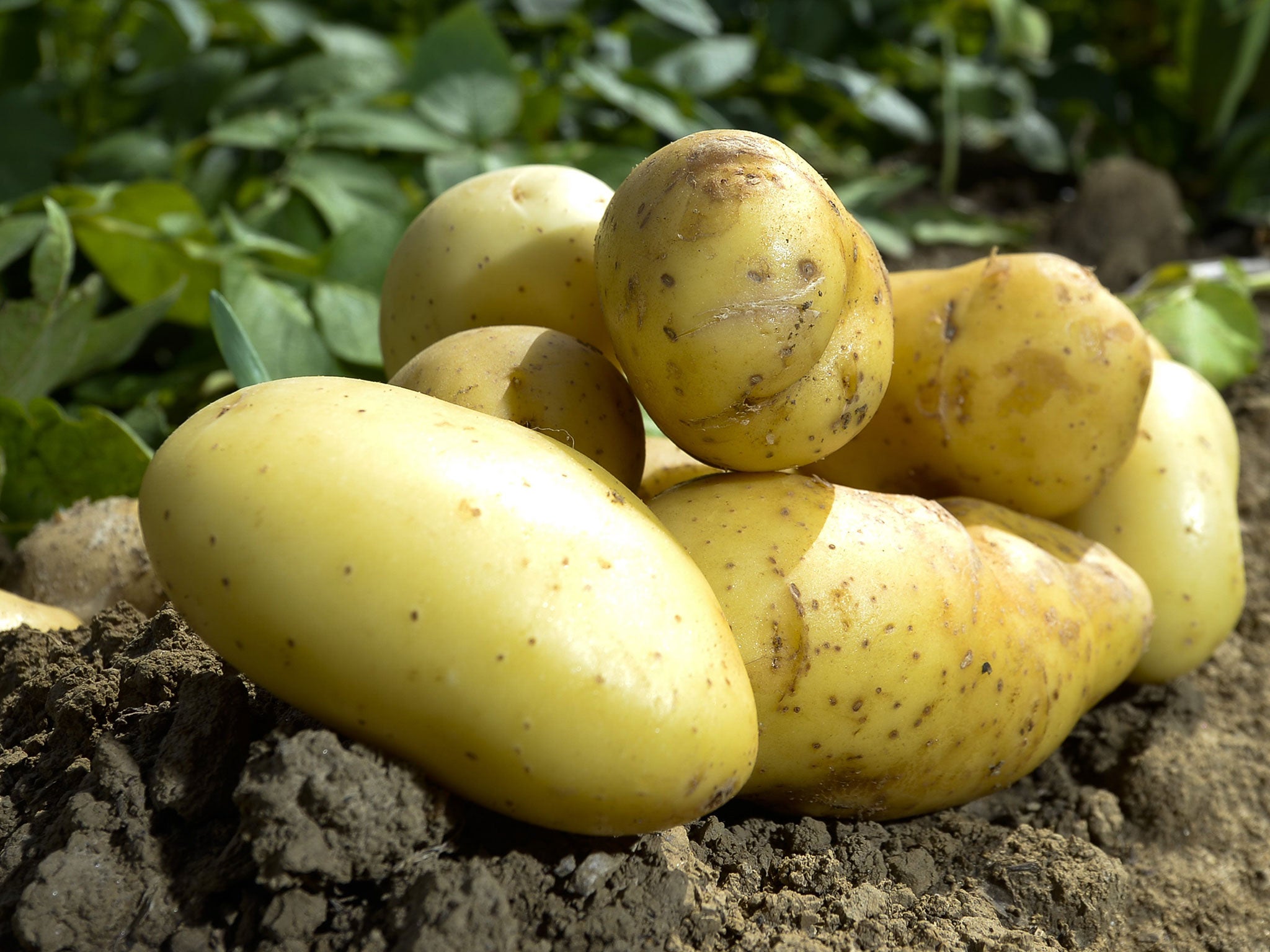
Potatoes are one of the few vegetables considered to be unhealthy because of their high glycemic index and are often associated with food made from refined carbohydrates - and therefore to avoid.
But potatoes are a rich source of carbohydrates, vitamin C, some B vitamins and trace minerals.The preparing and cooking of potatoes can also influence the aspects of the starches for the better.
Cooking and cooling potatoes increases the amount of resistant starch in the potatoes, which “resists” digestion in the gut, potentially having a positive impact on your gut bacteria.
Dairy

Once a staple food in many people's diets, milk, butter, yoghurt and cheese are no longer consumed to the same extent because of conflicting health messages.
While dairy products contain high protein and calcium, which the body needs, they need to be chosen with care as some products contain high amounts of saturated fat per portion.
But although it is best to avoid a diet high in saturated fat, it is not a bad thing to regularly consume dairy products as long as this is part of reasonable calorie and fat intakes.
Raw nuts and nut butters
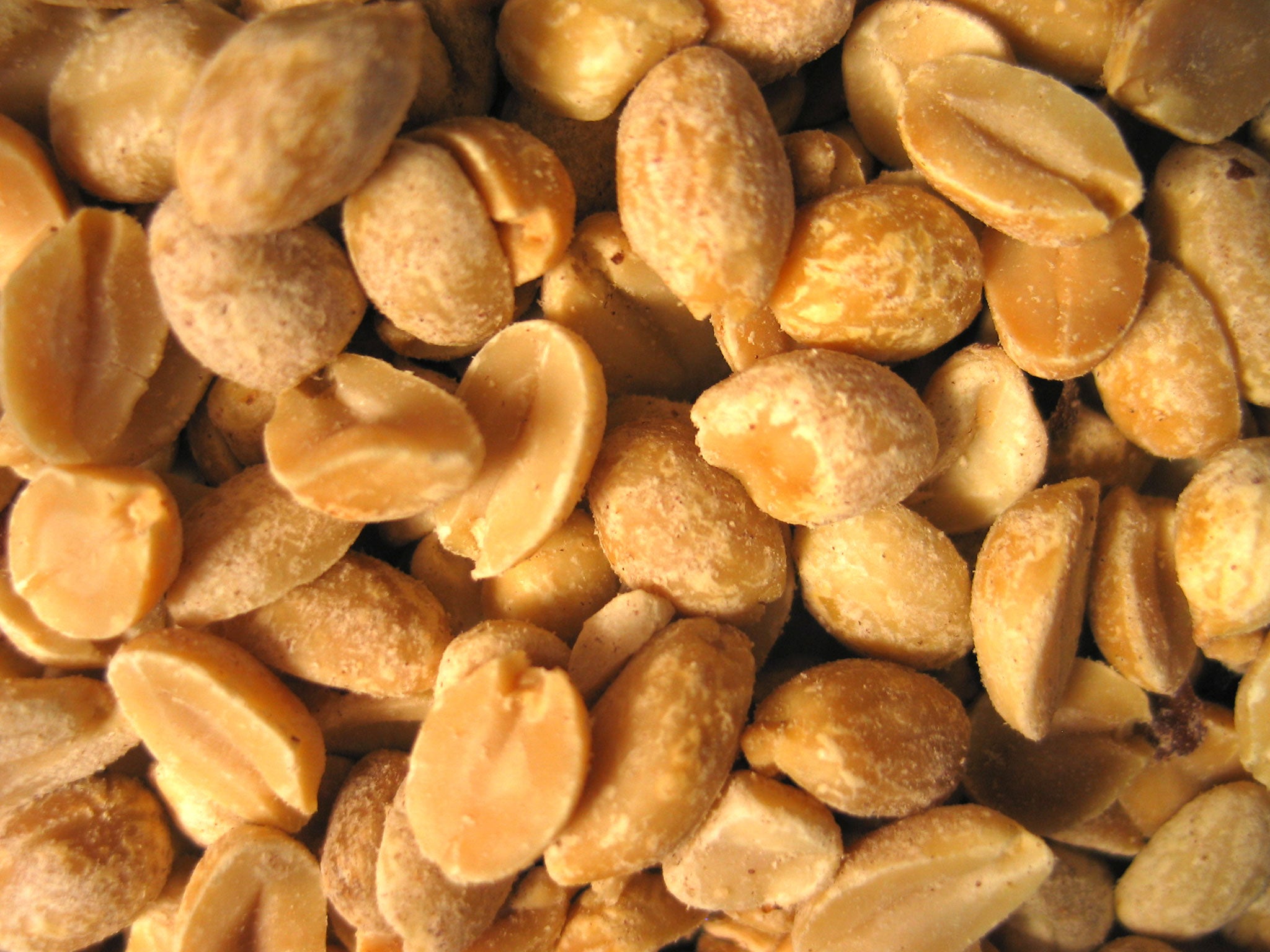
Some suggest nuts should be avoided by anyone trying to lose weight because they are high in fat and calories.
But research evidence show raw nuts are key to a healthy diet and while maintaining body weight, they also help to reduce death from heart disease and cardiac arrest.
Raw nuts contain protein, healthy fats, which are low in saturated fat, dietary fibre and micronutrients.
Peanut butter, can also be part of a healthy diet as a source of protein, fibre, vitamin B6 and magnesium. Evidence from recent research demonstrate peanut butter can increase weight loss if it is used to replace less healthy protein sources such as processed meats.
High in calories, peanut butter yet needs to be consumed in moderation.
Mr Harding concludes: "All foods fit into a healthy diet. Don’t fall into the trap of believing in 'superfoods' or 'food villains'. Enthusiastic consumption of one particular 'superfood' can be worse than consuming a so-called 'food villain'."
Join our commenting forum
Join thought-provoking conversations, follow other Independent readers and see their replies
Comments